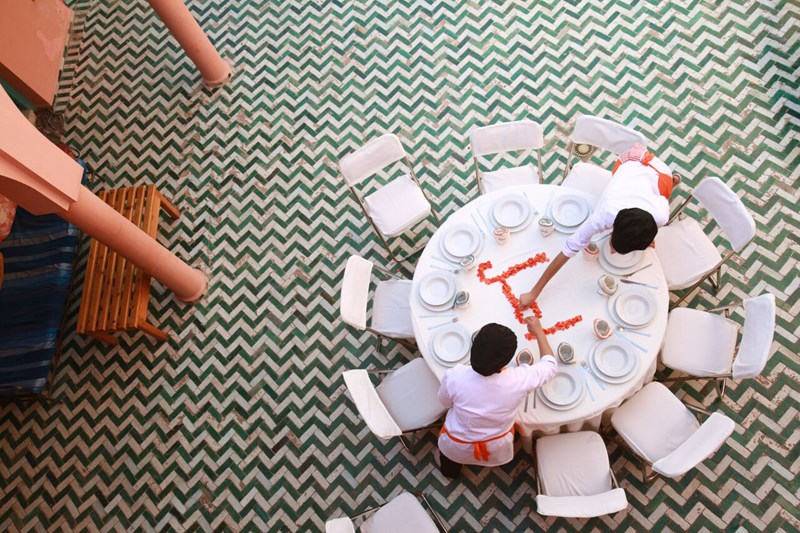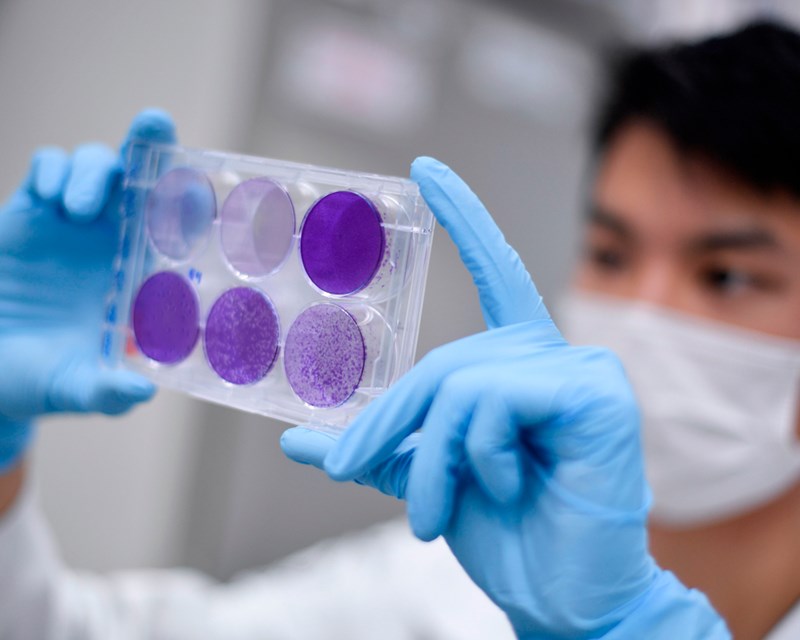As the UAE grapples with a lockdown to curb the spread of Covid-19, residents are mounting grassroots campaigns to help the low-income workers hit hardest by the outbreak. Individuals from around the country have mobilised to support the tens of thousands of people who, almost overnight, found themselves without jobs, money and food, and no way of returning home.
One such informal initiative is being run by Emirati Aamer Al Yafei, who said he was moved to do something after hearing about so many people who had lost their jobs or were not being paid.
“People are in a really bad situation. They have lost their jobs and cannot afford food. I felt like I had a duty to give back to my country and community after all I’ve been given,” the 30-year-old told Philanthropy Age. “I suppose you could say it was guilt.”
After consulting friends, the Abu Dhabi resident started a WhatsApp group, inviting people who wanted to help to sign up, and a Facebook page to advertise that help was available. Once requests for support are verified, Al Yafei posts them in the WhatsApp group, and people come forward to send groceries and other basic items.
“The person in need and the person helping enter into direct contact,” he said, “so they are able to say exactly what they need; from diaper sizes to types of baby formula. It is simple and personal.”
The scheme, which began fewer than two months ago and has come to be known as the UAE Relief Initiative, has to date helped more than 7,000 people across the emirates. The majority of recipients have been from the Philippines, but Al Yafei said Syrian, Pakistanis, Indians, Bangladeshis and other nationalities have also benefited.





